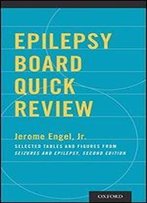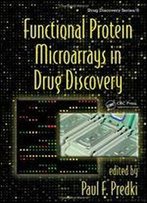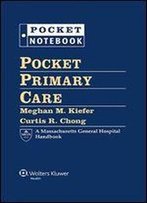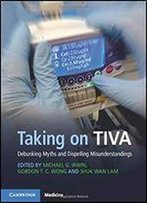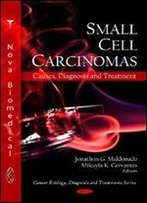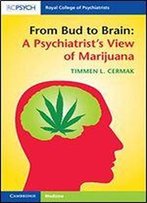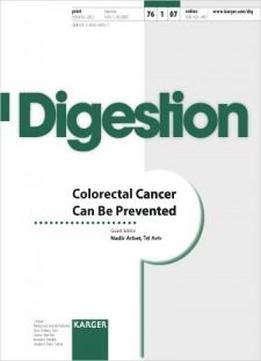
Colorectal Cancer Can Be Prevented (gastroenterology)
by N. Arber /
2007 / English / PDF
1.7 MB Download
Special Topic Issue: Digestion 2007, Vol. 76, No. 1 Colorectal
cancer (CRC) is a highly prevalent disease which is associated with
considerable mortality and morbidity rates; however, as the average
span from precursor to malignant lesion is 15-20 years, there is
quite a large window of opportunity for effective intervention and
prevention. Colonoscopy is currently one of the most popular
screening methods due to its sensitivity in detecting small
adenomas and its therapeutic benefit from polypectomy, thus
preventing subsequent CRC. This publication focuses on various
aspects of CRC prevention and screening, starting with a discussion
on how a genome fingerprint, coupled with an assessment of
environmental risk factors, can help to identify subjects who will
benefit the most from screening. A description of novel
non-invasive screening tests, which are yielding very promising
results owing to their high sensitivity and specificity, is
followed by an evaluation of new colonoscopes currently being
developed, and an update on the strengths and weaknesses of virtual
colonoscopy. A discussion of the current state of chemotherapy and
its future as well as of the importance of a combined approach of
endoscopy and drug treatment in a high-risk population concludes
the presentations.
Special Topic Issue: Digestion 2007, Vol. 76, No. 1 Colorectal
cancer (CRC) is a highly prevalent disease which is associated with
considerable mortality and morbidity rates; however, as the average
span from precursor to malignant lesion is 15-20 years, there is
quite a large window of opportunity for effective intervention and
prevention. Colonoscopy is currently one of the most popular
screening methods due to its sensitivity in detecting small
adenomas and its therapeutic benefit from polypectomy, thus
preventing subsequent CRC. This publication focuses on various
aspects of CRC prevention and screening, starting with a discussion
on how a genome fingerprint, coupled with an assessment of
environmental risk factors, can help to identify subjects who will
benefit the most from screening. A description of novel
non-invasive screening tests, which are yielding very promising
results owing to their high sensitivity and specificity, is
followed by an evaluation of new colonoscopes currently being
developed, and an update on the strengths and weaknesses of virtual
colonoscopy. A discussion of the current state of chemotherapy and
its future as well as of the importance of a combined approach of
endoscopy and drug treatment in a high-risk population concludes
the presentations.

